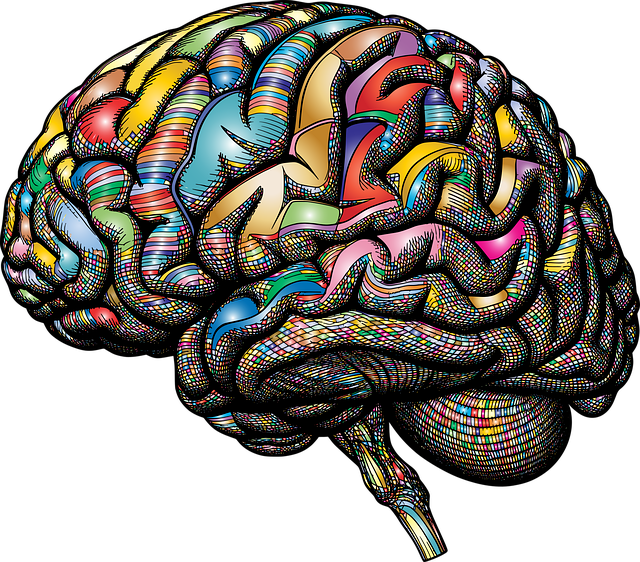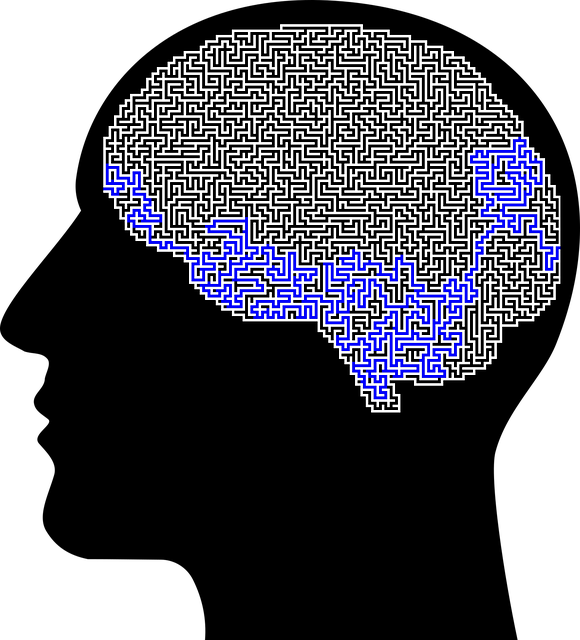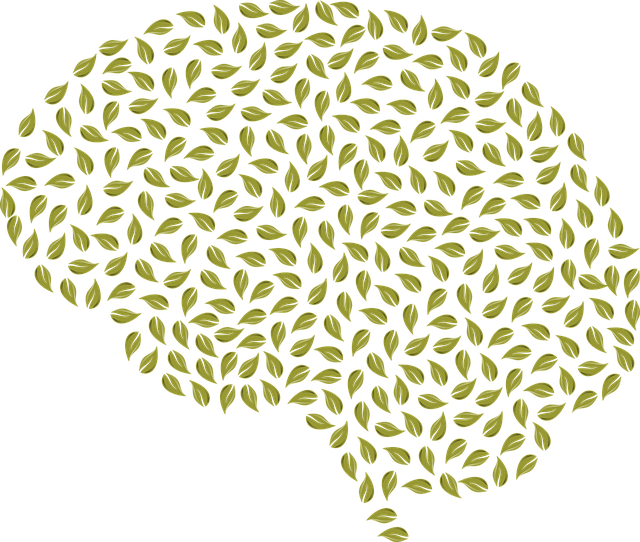Greenwood Village Crisis Counseling Therapy emphasizes Emotional Intelligence (EQ) as a powerful tool for navigating life's challenges, combining EQ development with mindfulness meditation and evidence-based practices like conflict resolution. Their holistic approach focuses on self-awareness, emotional regulation, and social empathy to help individuals build resilience against trauma, improve relationships, and make better decisions under pressure. This not only benefits personal growth but also strengthens communities by fostering social cohesion and overcoming mental health stigma. Through tailored guidance, workshops, and community outreach, Greenwood Village Crisis Counseling Therapy equips clients with practical tools for emotional intelligence development, leading to enhanced relationships, improved decision-making, and overall well-being.
Emotional intelligence (EI) is a powerful tool for personal and professional growth, as highlighted by the expertise of Greenwood Village Crisis Counseling Therapy. Understanding EI involves recognizing and managing emotions, both your own and others’, to foster meaningful connections and effective communication. This article explores why building EI is crucial, delves into key components like self-awareness and social awareness, and provides practical strategies for enhancing emotional intelligence in daily life, drawing from the insights of Greenwood Village Crisis Counseling Therapy.
- Understanding Emotional Intelligence: The Greenwood Village Crisis Counseling Perspective
- Why Build Emotional Intelligence? Unlocking Personal and Professional Growth
- Recognizing Your Emotions: Self-Awareness as a Cornerstone
- Managing and Regulating Emotions: Strategies for Daily Life
- Enhancing Social Awareness and Empathy: Connecting with Others
Understanding Emotional Intelligence: The Greenwood Village Crisis Counseling Perspective

Emotional intelligence (EQ) is a key component of personal and professional success, as it enables individuals to understand and manage their own emotions, as well as recognize, interpret, and respond appropriately to the emotions of others. From the perspective of Greenwood Village Crisis Counseling Therapy, EQ involves a deep awareness of one’s feelings and those of those around them, coupled with the ability to use this knowledge to navigate complex social interactions effectively. This approach emphasizes the role of mindfulness meditation in cultivating self-awareness and emotional regulation skills, which are essential for building resilience against life’s challenges.
Greenwood Village Crisis Counseling Services offers specialized trauma support services tailored to help individuals process and overcome past traumatic experiences. By integrating EQ development with evidence-based practices like conflict resolution techniques, clients gain the tools needed to handle high-stress situations constructively. This holistic approach not only fosters healthier relationships but also empowers individuals to make sound decisions under pressure, thereby enhancing their overall well-being and success in both personal and professional spheres.
Why Build Emotional Intelligence? Unlocking Personal and Professional Growth

Emotional intelligence (EQ) is a powerful tool for personal and professional growth. By developing EQ, individuals can better understand their own emotions and those of others, fostering deeper connections and more effective communication. This enhanced self-awareness leads to improved decision-making, stress management, and resilience—all key components of emotional well-being promotion techniques. In the context of Greenwood Village Crisis Counseling Therapy, building EQ is crucial for helping clients navigate mental health challenges, build coping strategies, and reduce the impact of trauma or loss.
On a broader scale, communities benefit from increased EQ through enhanced social cohesion. Community outreach program implementations often struggle with barriers like mental illness stigma reduction efforts. Higher levels of emotional intelligence can break down these barriers, encouraging empathy, understanding, and support within the community. This collective emotional well-being promotes a safer, healthier, and more connected society.
Recognizing Your Emotions: Self-Awareness as a Cornerstone

Recognizing and understanding your emotions is a fundamental step in building emotional intelligence. Self-awareness, the cornerstone of this process, involves recognizing your feelings, identifying their triggers, and comprehending how they influence your thoughts and actions. It’s akin to mapping out the intricate landscape of your inner world, where every emotion is a unique feature, shaping your experiences and interactions. This profound understanding allows individuals to navigate life’s challenges more effectively, as they become attuned to their emotional needs and limitations.
For those seeking support in this journey, Greenwood Village Crisis Counseling Therapy offers valuable resources. Their expert therapists guide clients through the process of cultivating self-awareness, teaching them to identify and manage their emotions healthily. This, in turn, fosters resilience building and stress management skills, empowering individuals to respond rather than react in emotionally charged situations. Additionally, by enhancing self-awareness, these strategies also support empathy building, enabling better connections with others and a deeper understanding of their emotional landscapes.
Managing and Regulating Emotions: Strategies for Daily Life

Managing and regulating emotions is a key aspect of emotional intelligence building. It involves recognizing and understanding your feelings, as well as learning to control them in healthy ways. Greenwood Village Crisis Counseling Therapy offers valuable guidance in this area, providing evidence-based strategies tailored to individual needs. Journaling exercise, for instance, can help individuals process their emotions by putting them on paper, offering clarity and a chance to reflect.
Public awareness campaigns development and Stress Management Workshops Organization are also impactful tools. These initiatives educate people on the importance of mental wellness and equip them with practical techniques to manage stress and regulate emotions in daily life. By integrating these strategies into routines, individuals can enhance their emotional intelligence, leading to improved relationships, better decision-making, and overall mental wellness.
Enhancing Social Awareness and Empathy: Connecting with Others

In Greenwood Village Crisis Counseling Therapy, enhancing social awareness and empathy is a cornerstone of emotional intelligence building. This involves deepening connections with others, fostering an environment where individuals feel understood and valued. Through community outreach program implementation, clients are encouraged to engage in activities that promote active listening, non-verbal communication, and cultural sensitivity. These skills not only strengthen interpersonal relationships but also facilitate better coping skills development, which is crucial for managing stress and anxiety relief.
By focusing on connecting with others, individuals learn to recognize and appreciate diverse perspectives, leading to a more empathetic mindset. This process is vital in building strong social support networks, which are essential for navigating life’s challenges. In the context of Greenwood Village Crisis Counseling Therapy, these initiatives aim to empower clients to create meaningful connections, ultimately enhancing their emotional resilience and overall well-being.
Emotional intelligence is a powerful tool for personal and professional growth, as advocated by Greenwood Village Crisis Counseling Therapy. By understanding and managing our emotions, recognizing and empathizing with others, we can navigate relationships and challenges more effectively. This article has explored the various facets of building emotional intelligence, from self-awareness to social awareness, offering practical strategies for enhancing this vital skill set. Incorporating these principles into daily life can lead to improved mental well-being, stronger connections, and greater success in both personal and professional endeavors.














